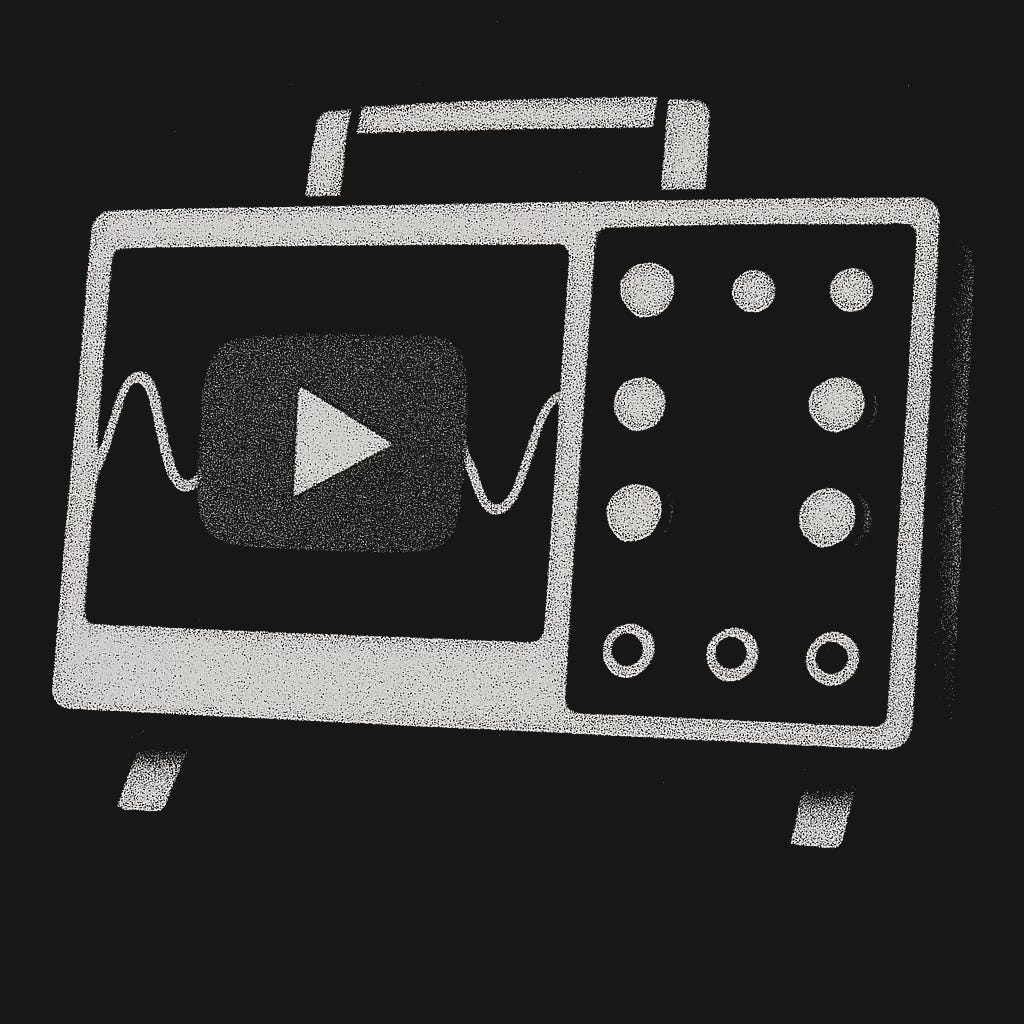Science Supported By Content Creation
Producing content would be a big distraction, but so is grant writing
What if some scientists created content as their main revenue stream instead of writing grants?
The list of people who do this today (to our knowledge) is frustratingly short: Andy Matuschak is the only individual we’re aware of; organizations like Mythbusters in the past and Hacksmith Industries today do a form of experimental engineering.
There is a long list of former scientists who have pivoted to content creation (Sabine Hossenfelder, Erik Hoel, Neil Degrasse Tyson). It’s significant that most scientists who shift to full-time content creation seem to stop doing research. You might take this shift as evidence that content creation is incompatible with good research.
However, the paucity of content-supported science might just be downstream of the structures of science and the selection pressures on who become scientists today. Many “serious scientists” look down on popularizing work as unserious – it’s unlikely that someone who funded their lab through YouTube would get tenure. Through an evolutionary process we’ll save for another post, scholarly communication has evolved to a form-factor where comprehensibility and entertainment value are actively selected against. You might (justifiably) flag that the average scientist isn’t the best communicator or entertainer. But that might just be an artifact of the selection pressures on who becomes a professional scientist in the current system, not an intrinsic property of good scientists. Yes, producing content would be a big distraction from doing actual science. But so is the grant writing, teaching, and administrative duties that occupy a huge fraction of scientist’s time today.
Today, there’s strong pressure towards not antagonizing other researchers who peer review your papers and whose letters can make or break your tenure case. But controversy sells, so content-driven research revenue will create more public controversy in science; this could be both good and bad. The bull case is that incentives to pick fights will flag fraud and bullshit research earlier and raise public trust in scientific results. The bear case is that people will spend all their time beefing publicly instead of coming to a scientific consensus.
This approach isn’t guaranteed to work, of course (and it will definitely be discipline-dependent). Competition for attention might drive scientists to shift the fraction of time they spend on science lower and lower. There could also just not be enough demand for content about real research to support a lab. Nevertheless, we think it’s worth trying.



I think more science and research at large needs to be out there for the public to understand. It is on us as scientists to make research accessible. I started a podcast to help with this: The Ignorance Podcast (https://pod.link/1799118727) where I interview researchers based on their research questions, letting them at the end outroduce themselves. I spend maybe 4-5 hours a month on it and I have a full time research job. Ideally I want to be doing science through my podcast also. I am looking for more researchers to interview if you are interested. Let me help you create content about your research.
I am not quite sure that many members of the public have the attention span in today's world to follow lengthy debates on technical aspects of scientific methods that would determine whether a specific piece of research is sound or not. Therefore, I am tempted to think that the bear case would dominate more scientific communication, especially if it becomes linked to funding. I don't think that the case of Hossenfelder is particularly encouraging for instance. She produces excellent content, but is also talking bs about fields she knows nothing about and has been consistently attacking academia in a very populist manner for a year or two. You only need to read the comments below these specific videos to see that they do not raise the public's trust in science.
Second point, teaching and grant writing take time but are imo an integral part of the scientific process. You always think you understand something until you have to explain it to first year students, and every idea sounds great until you have to write it down into a grant and convince your peers. This is an essential part of how you refine your scientific thinking. Anecdotal evidence from content creators I follow suggests that to make a living on YouTube, you need to churn out a video or two per week at least, if not every single day. I don't see how this would gel with the practice of some experimental sciences, where you sometimes make several experiments per day with no real progress for months until you hit it big.